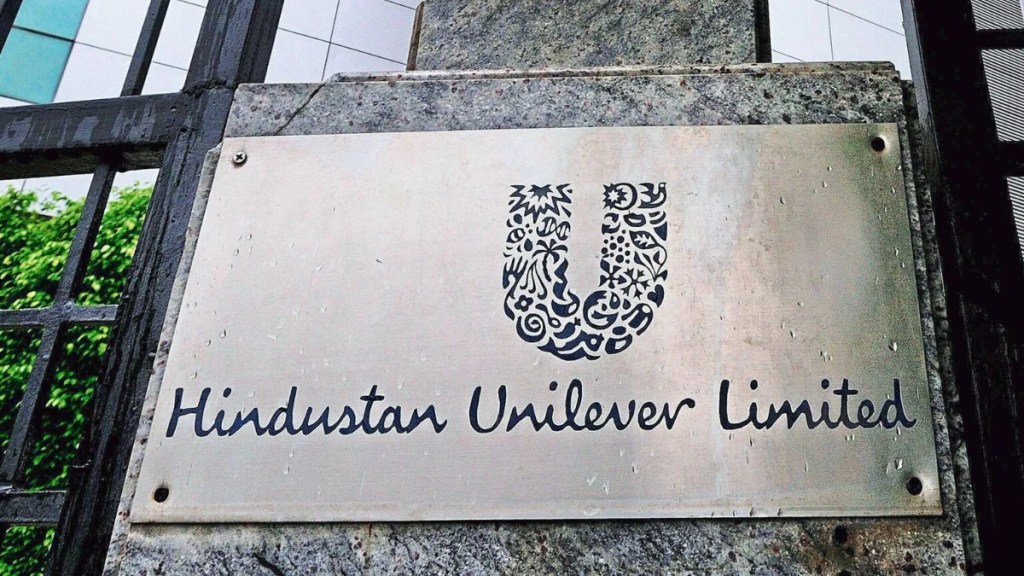Hindustan Unilever (HUL) on Friday said it saw a short-term impact on sales in the September quarter (Q2FY26) due to the GST 2.0 reforms that kicked in this week.
The country’s largest consumer goods company made the disclosure in its first-ever business update to stock exchanges.
Peers such as Dabur, Marico, Godrej Consumer (GCPL) and AWL Agri Business are expected to come out with their business updates in the coming weeks, sector analysts said. HUL will report its Q2 results on October 23.
Short-term sales slowdown
The company pointed to a postponement of new orders by trade to clear existing stock and delayed pantry buying by consumers for a slowdown in sales in September. HUL expects near-flat to low single-digit growth for Q2 as a result, with the trade disruption continuing into October. The company also said 40% of its portfolio now attracted a lower GST of 5% from 12% or 18% earlier, which would drive consumption and long-term demand. Daily essentials such as soaps, shampoos, toothpastes, talcum powder, hair oils, nutrition and food and beverage products, including bottled water and juices now attract 5% GST.
“We anticipate a recovery starting November as prices stabilise, underpinned by rising disposable incomes and ongoing portfolio transformation actions,” HUL said.
GST 2.0’s dual impact
While FMCG companies have passed on the GST price benefits to consumers, communicating to trade as well as consumers of the same, the transition has not been uniform across channels. Kiranas that constitute the backbone of FMCG distribution in India, contributing 75-80% of sales for FMCG companies, have dithered on price drops following the GST rate rationalisation, saying they can’t do so on existing stock.
Modern trade, which contributes 12-15% of FMCG sales in India, in contrast, have transitioned smoothly, offering GST price benefits on existing stock and coordinating with companies on delivery of new stock. Most FMCG companies expect new inventory with revised prices to hit stores within the next one month.
“The initial days of GST 2.0 will likely see some challenges on the ground. Smaller retailers would look to liquidate their existing stock. Larger retailers have been more prepared,” Mohit Malhotra, CEO, Dabur India, said.
Sudhir Sitapati, MD & CEO, GCPL, also said the short term following the rollout of GST 2.0 would be complicated. “The period immediately following the GST announcement usually sees some slowdown…But looking ahead to Diwali, I am optimistic that it will be a much better season than last year,” he said.
